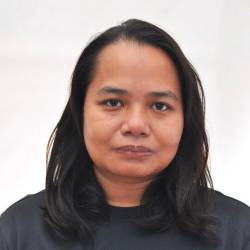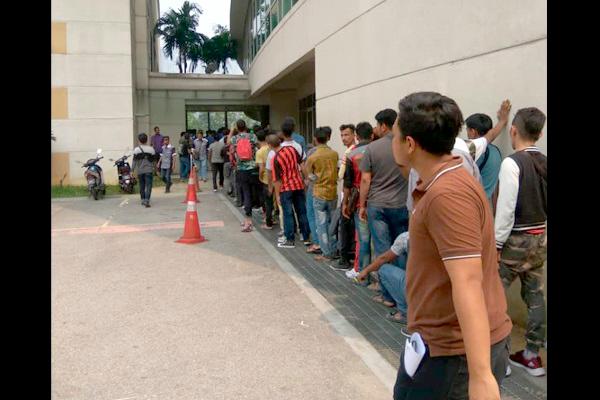KUALA LUMPUR: The Immigration Department will deploy more officers to manage the ‘Back for Good’ (B4G) amnesty programme if the need arises, according to Deputy Home Minister Datuk Mohd Azis Jamman.
But for now the 200 officers and men who are involved in the programme are sufficient, he said.
Azis was responding to complaints of long queues at immigration counters, with some applicants claiming that they had been told to return the following day upon reaching the counters and others saying that they might have to start queuing from as early as 3am.
To show that the 200 officers were enough for now, Azis told theSun that 33,513 applicants had already registered for the programme.
“However, we may raise the capacity by involving more officers and open more counters if the need arises,” he said.
Several applicants who spoke to theSun complained that the early cut-off time (at noon) to obtain a queue number was a hindrance.
Given that every applicant is required to show proof of his intention to leave the country by producing a flight ticket, some fear that they could miss their flights home.
Apart from the flight ticket, the applicant is also required to show valid travel documents and pay a RM700 compound fine.
Those who entered Malaysia illegally also feared that they could be arrested and jailed when they showed up to register for the B4G programme.
Last month, Kuala Lumpur Immigration Department director Hamidi Adam said most of those who had registered for the programme were Indonesians, followed by Bangladeshis and Myanmar nationals.
Home Minister Tan Sri Muhyiddin Yassin had earlier said that the programme would not be extended beyond its Dec 31 deadline.
Meanwhile, activists have called for a temporary halt to raids on illegal hideouts as this could discourage them from registering for the programme. Those who have been arrested and detained at depots are not eligible to participate in the programme.
Apart from flushing out illegal immigrants, the B4G programme is also aimed at cutting cost on deportation, curbing social ills and criminal activities as well as reducing risk of infections.
The programme is confined to the peninsula only.
In 2014, another amnesty programme codenamed “3+1” saw 840,000 illegal immigrants repatriated and RM400 million in compound fines collected.











